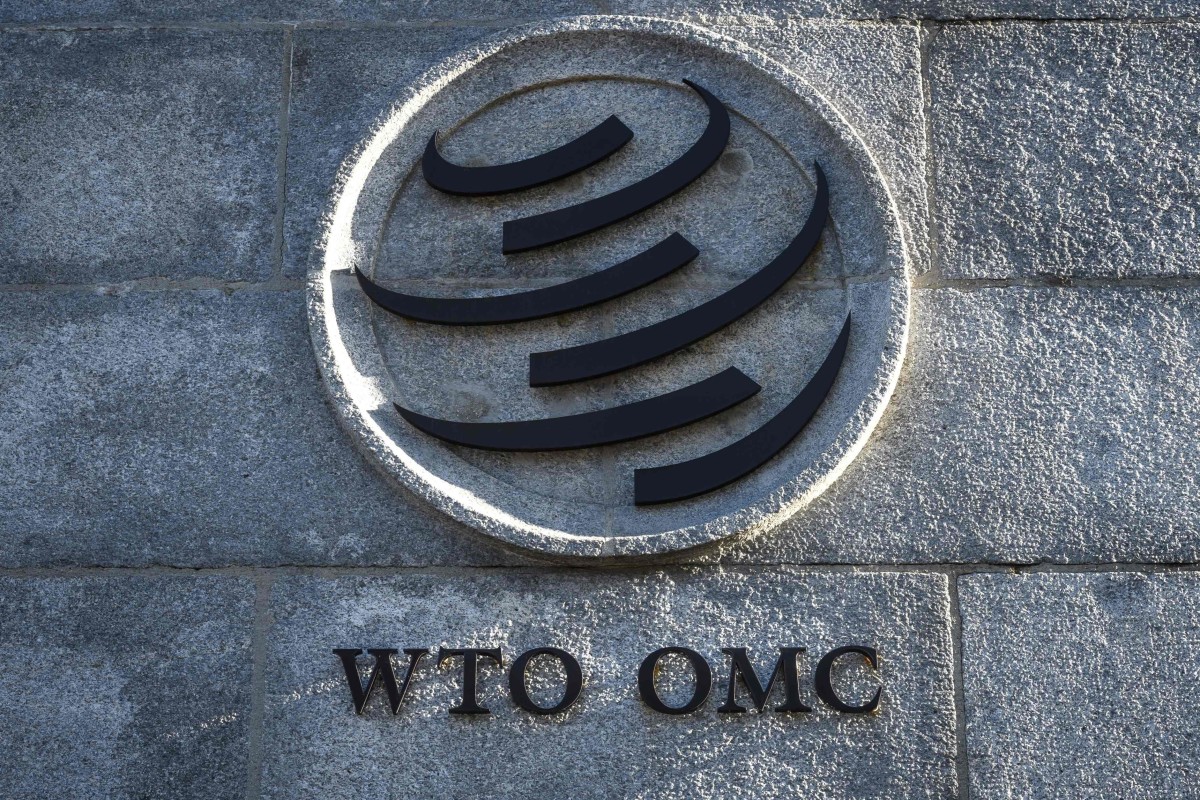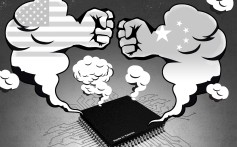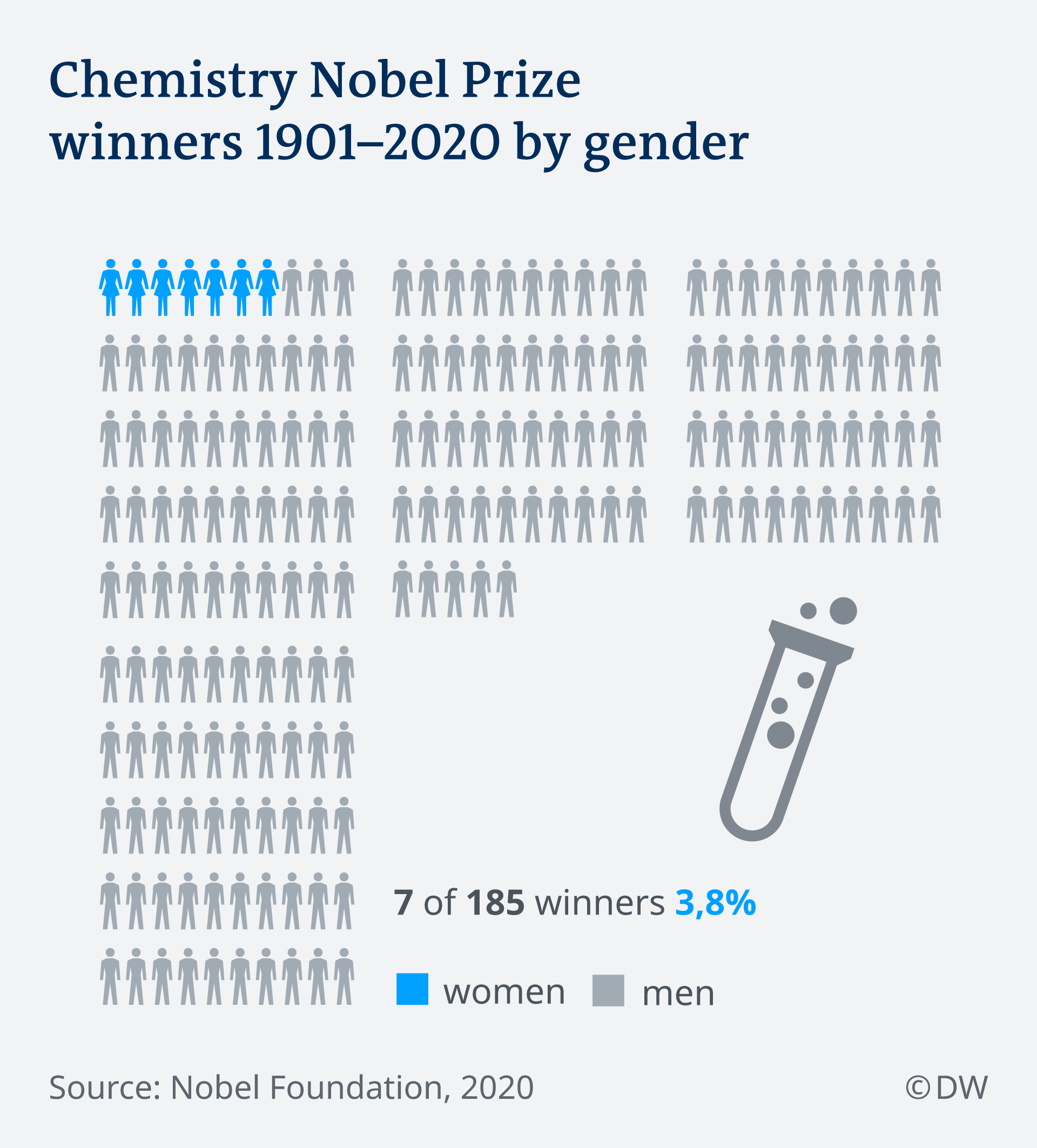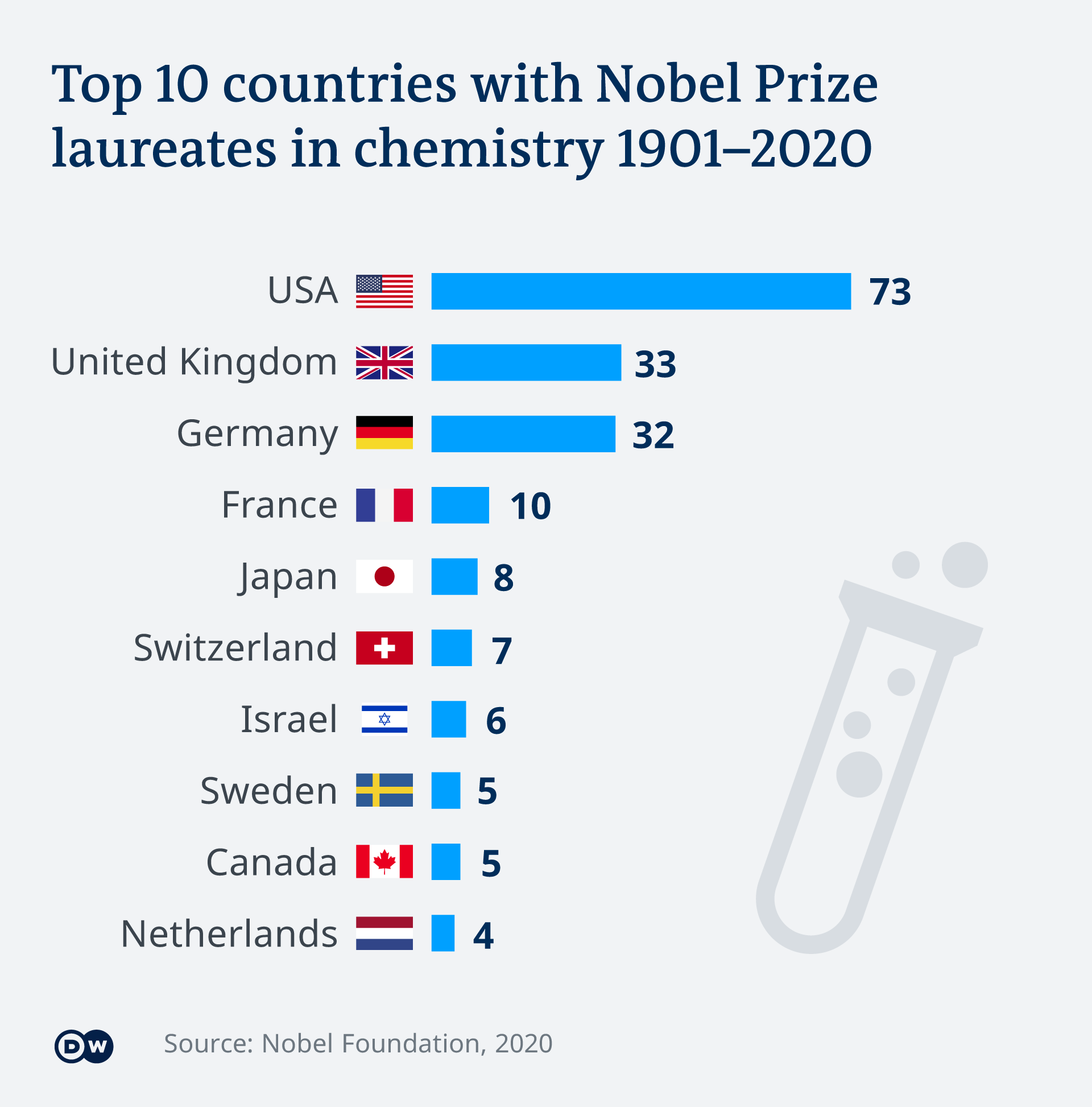1

It’s possible that I shall make an ass of myself. But in that case one can always get out of it with a little dialectic. I have, of course, so worded my proposition as to be right either way (K.Marx, Letter to F.Engels on the Indian Mutiny)





| |||||||||
|
 |
With most Canadians agreed that we need a bold recovery from the pandemic, It's time to break the silence about how we pay for it. Today, as part of our Essential Solutions Project, we published a significant new paper Paying for the Recovery We Want. The pandemic has laid bare the deep cracks in our systems, from education and health to employment standards and income supports. We have been forced to face up to longstanding inequities and injustices that Indigenous people, women, Black people, and other racialized groups have borne for years. They have suffered some of the worst impacts of the virus. We need a transformative change in the way our economy and our society works, and we will only get it with robust public investment and leadership.
This paper makes the case for a debt-financed recovery in the short to medium term, followed by a comprehensive revision of our tax system; including a wealth tax, income tax reform, ending corporate welfare, a sovereign wealth fund for green recovery, and reviewing consumption taxes and social security premiums. Read the Paying for the Recovery We Want report on our website. And if you think a wealth tax is a good idea, please send an email to your local MP telling them you would like to see them support it too. Thanks, help us get the word out by forwarding this email to your networks, or share it via social media. Katrina Miller P.S. If you think our work is making an impact, please consider supporting it by making a contribution to the Institute. |




Nagorno-Karabakh
As rockets fall on the capital, Nagorno-Karabakh, leaders of the two warring parties say they are ready to end the conflict.
SOURCE: TANJUG
About 30 rockets were heard in Stepanakert, the capital of Nagorno-Karabakh, last night, and Armenian officials are accusing the Azerbaijani army of the attack. The attacks partially damaged the infrastructure so that parts of the city do not have electricity. Warning sirens are constantly heard in the city, TASS reports.
In other news, Armenian Prime Minister Nikol Pashinyan said that the Nagorno-Karabakh issue could not be resolved by violence and called on the international community to recognize the independence of that region, which is part of Azerbaijan with a majority Armenian population.
At the same time, the President of Azerbaijan, Ilham Aliyev, says that the armistice in Nagorno-Karabakh, where the conflicts have been going on for 11 days, cannot be unilateral.
Pashinyan and Aliyev gave separate interviews to Euronews in which they made mutual accusations about who is responsible for the escalation of the conflict. "A truce cannot be achieved unilaterally. It should be a bilateral decision. In addition, it should be applied on the ground," Aliyev said.
According to him, Armenia attacked their military positions, infrastructure and civilians, TASS reports. On the other hand, the Armenian leader says that the position of Yerevan remains the same. "The Karabakh issue cannot be solved by violence. No solution can be achieved by violence," he said.
Pashinyan added that the international community should recognize the independence of the unrecognized Republic of Nagorno-Karabakh if it wants to stop the humanitarian catastrophe in the region.
Two Azerbaijani drones downed in Nagorno-Karabakh's south#StopAliyev #Nkpeace #ArtsakhNow #StopAzerbaijaniaggression #azerbaijanhttps://t.co/dqKEY7IAen pic.twitter.com/ewS1fEF30s
— Tert.am NewsArmenia (@TERTam_arm) October 8, 2020
Consequences of #Azerbaijan/i night shelling of Stepanakert
— Armenian Unified Infocenter (@ArmenianUnified) October 8, 2020
Последствия ночного обстрела Степанакерта#NKPeace#StopAzerbaijaniAggression #ArtsakhStrong pic.twitter.com/Yhi54w1x15
Prosecutor General's Office: "As a result of Armenian armed forces' shelling Shahmammadli village of Goranboy district using heavy artillery at 07:00 a.m. on October 8, 2020, village resident Guliyeva Turyan Tofig (1957) was killed". pic.twitter.com/2LJsdIllSD
— Ulviyya Ali (@UlviyyaAli) October 8, 2020
Capital of Nagorno-Karabakh is under fire for the eleventh day in a row. Prime Minister of Armenia mentions genocide.
SOURCE: B92, TANJUG, SPUTNIK
Armenian Defense Ministry spokesman Artsrun Hovhannisyan said that Azerbaijan was preparing an offensive, gathering an army on the Iranian border so that Karabakh could not open fire on them.
At the same time, the spokesperson of the Ministry of Defense of Armenia, Shushan Stepanyan, stated that at night the enemy tried to fortify itself in the southeast direction, although it did not reach the city of Jabrayil, but that artillery units of the Armenian armed forces backfired.
As she said, at 6:30 am local time, after another rocket-artillery attack, the remnants of three super-heavy enemy brigades fled the battlefield, leaving another 60 dead, as well as 22 units hit and several dozen units of equipment, Sputnik reported.
The Armenian Ministry of Defense published a video of the destruction of the fuel depot of the Armed Forces of Azerbaijan. Spokeswoman Susan Stepanyan also confirmed that information by posting on Facebook.
"As a result of the brilliantly performed actions of the Karabakh Defense Army, another warehouse of oil derivatives of vital importance for the Azerbaijani army was destroyed," Susan Stepanyan wrote on her Facebook.
The representative of the Ministry of Defense of Armenia, Artsrun Hovhannisyan, announced on his Facebook that there was a barracks with enemy soldiers next to the destroyed warehouse, reports Sputnik.
He says that the army of Karabakh shelled the fuel warehouse, as a result of which the barracks was destroyed.
"There are 200 victims in the barracks. "Their army is of no value to them," Hovhannisyan writes.
Destruction of another large stockpile of vital oil products of the #Azerbaijan'i army in the result of brilliant operations of the #Artsakh #DefenceArmy pic.twitter.com/4SrzZq465S
— MoD of Armenia 🇦🇲 (@ArmeniaMODTeam) October 7, 2020
⚠️Graphic Alert⚠️
— Dr. APR 🇮🇳🍁 (@drapr007) October 7, 2020
As war between Armenia & Azerbaijan is on peak,more than 25K ppl hv been k¡||ed from both side.100s of d€ad bodies of Azeri troops r rotting near Line of contact but Azeri army is not accepting d martyrdoms of its troops. It means Paki generals hv reached there pic.twitter.com/OjGzn3bUHT